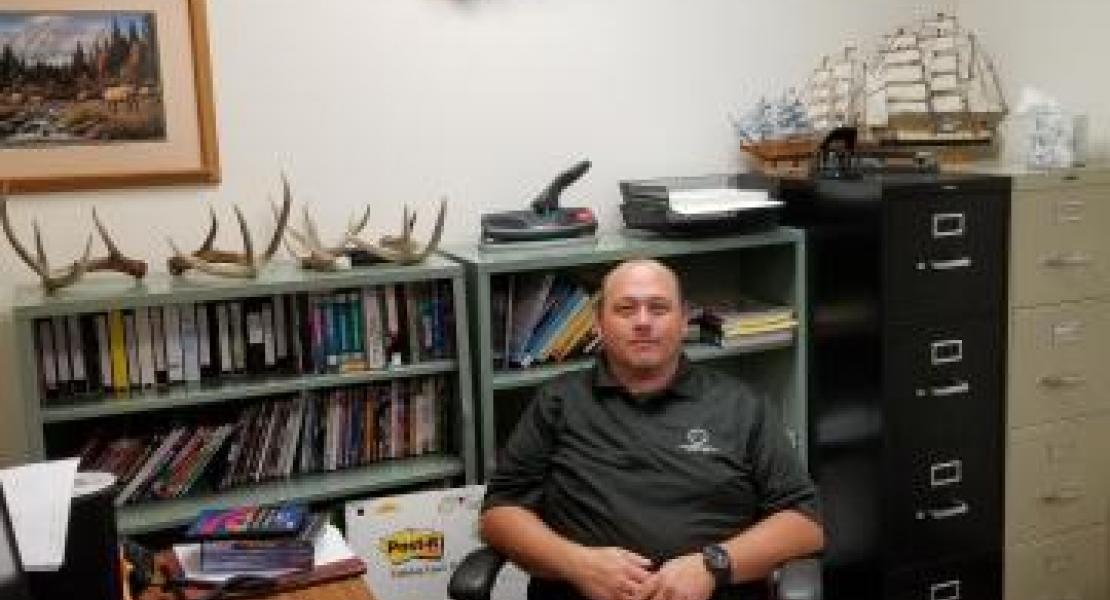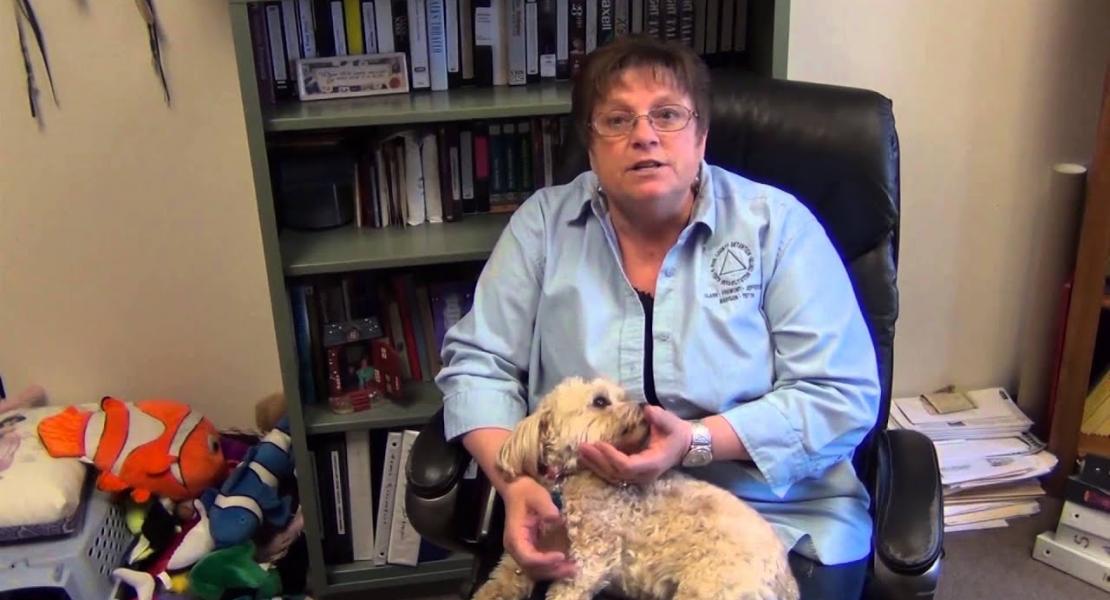Juveniles participate in drug and alcohol treatment groups. These groups deal with addictions in juveniles lives. Groups and Classes are determined by the facilitator. Assessments and screenings are given to determine groups and classes a juvenile must attend. There are juveniles that demonstrate addictive behaviors including eating disorders, self harm, or self injurious behavior that may not have a drug and alcohol problem. However, they may benefit from participation in Drug and Alcohol Groups. Progress through each Treatment Curriculum is linked to progressing through Phases 1-6 of 5-C’s Treatment Program.
Juveniles attend various groups. One group is called MRT. MRT stands for Moral Reconation Therapy. MRT is a premiere cognitive-behavioral program for substance abuse treatment and for offender populations. It was developed in 1985 by Dr, Gregory Little and Dr. Kenneth Robinson. Published outcome studies have documented MRT-treated offenders to show significantly lower recidivism. MRT is a cognitive behavioral system that leads to enhanced moral reasoning, better decision-making, and more appropriate behavior. Juveniles receive a MRT work book entitled “How To Escape Your Prison.” Every resident in 5-C for treatment attends MRT groups, regardless of their substance abuse problems. Juveniles having difficulty progressing through MRT may also be required to complete “Thinking For Good” workbook that includes 10 modules to help them prepare for the regular MRT curriculum. This a simplified form of MRT Concepts.
Juveniles also attend separate Drug and Alcohol Process Groups. Many areas are targeted in these groups. Groups are structured to address some of the same basic beliefs as “Alcoholics Anonymous,” “A.A.”, or “N.A.” During 12-Step meetings, group members help each other with their recovery problems and share their life stories. As a part of the 12-Step homework, juveniles write a 10-chapter Life History, called “How I Got Here; A Good Look At Myself And The Years I Spent Using”.
In Drug and Alcohol Groups juveniles focus on Interventions, Cues or Triggers, Relapse Prevention Planning, and learning early recovery skills as outlined in the Matrix Treatment Curriculum. Juveniles or 5-C Residents will learn techniques and skills to manage cravings, or urges. Juveniles complete "Timelines" identifying behaviors that led to substance abuse. Juveniles identify thoughts, patterns, cues, urges, and triggers.
Residents or juveniles complete Relapse Prevention Plans or “RPP”. Juvenile Detention Officers or Line Staff facilitate “RPP” Classes and Individual Relapse Plans are then processed in depth with the Drug and Alcohol Specialist, Primary Clinician and Case Manger. Juveniles will continue to actively work and refine their Relapse Prevention Plans in treatment as they prepare to transition back into their communities. Relapse Prevention Planning addresses all areas of a juveniles’ treatment plan, and supports set up for their release in addition to addressing addiction issues.
Residents or juveniles attend individual counseling on a weekly basis with a clinician or therapist. Clinicians’ work to address all areas of treatment as outlined in each juveniles’ Individual Treatment Plan. Family counseling, transition, and aftercare planning are also completed. 5-C has bi-weekly Dialectical Behavior Therapy or “DBT” Consultation Treatment Meetings with staff involved in the delivery of DBT Treatment. The Treatment Team works with juveniles on a daily basis to progress in Treatment Programming.


